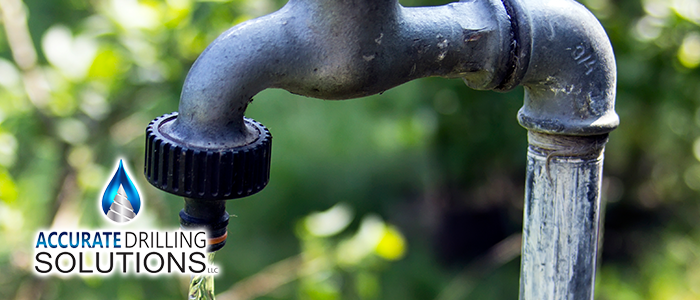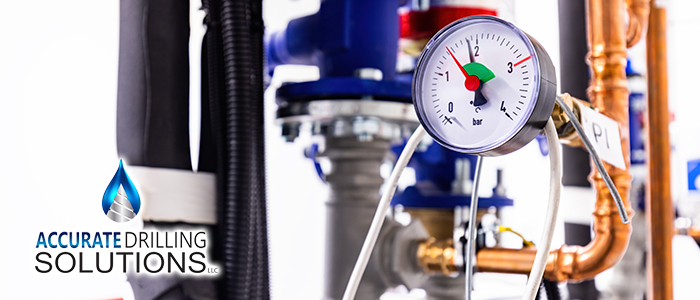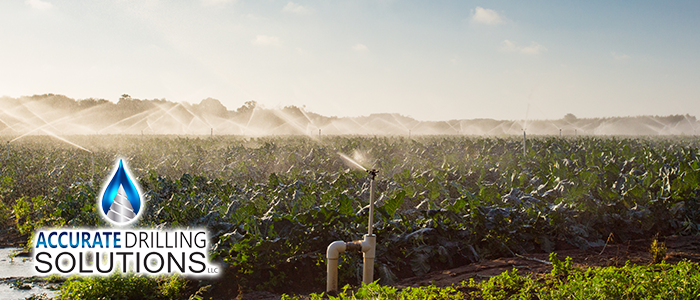
Why Plant City Homeowners Are Switching to Water Well Systems
Across Florida, homeowners are constantly evaluating their essential services, seeking reliability, quality, and cost-effectiveness. For many, the source of their water is a prime consideration. This has led to a noticeable trend in specific communities, raising the question: **Why Plant City Homeowners Are Switching to Water Well Systems**? The reasons are multifaceted, ranging from desires for independence from municipal supplies to concerns about water quality and escalating utility costs. Exploring this shift reveals compelling advantages that private Water Well Systems offer, particularly appealing to residents in areas like Plant City and nearby Lakeland.
Understanding the Appeal: Independence and Control
One of the primary drivers behind the switch to private water wells is the desire for greater independence. Municipal water systems, while generally reliable, are subject to infrastructure issues, main breaks, boil water notices, and fluctuating rate hikes dictated by utility companies and local governments. Homeowners with their own water well system are insulated from many of these concerns. They control their water source directly, eliminating reliance on a potentially aging public infrastructure. This autonomy is particularly valued during storm seasons or other events that might disrupt municipal services.
Furthermore, controlling your own water source means you are not subject to watering restrictions often imposed by municipalities during dry periods. For homeowners with significant landscaping, gardens, or pools, this freedom can be a major benefit, allowing them to maintain their property without facing potential fines or significantly higher tiered water rates. This level of control extends peace of mind, knowing that a fundamental resource is readily available directly on their property.
Cost Savings: A Long-Term Investment
While the initial investment in drilling a well and installing a pump system can seem significant, many homeowners find that a private water well system offers substantial long-term savings. Monthly municipal water bills, often accompanied by sewer charges and various fees, can add up considerably over the years. These costs tend to increase over time due to infrastructure upgrades, operational expenses, and inflation. A private well eliminates these recurring monthly charges. The primary ongoing costs are electricity to run the pump (often relatively low) and periodic maintenance.
When calculated over the lifespan of a home, the savings from avoiding municipal water bills can often outweigh the initial installation cost. Property value can also be positively impacted. In many areas, a well-maintained private water well system is seen as an asset, potentially increasing a home’s marketability and resale value. Prospective buyers may appreciate the self-sufficiency and potential cost savings offered by a well.
Water Quality Concerns and Customization
Concerns about the quality of municipal water also play a role. While public water supplies must meet federal and state safety standards (EPA National Primary Drinking Water Regulations), some homeowners worry about disinfection byproducts (like chlorine or chloramine), potential contaminants from aging pipes, or simply dislike the taste or hardness of treated city water. Groundwater accessed by a private well is often naturally filtered through layers of rock and soil.
While well water absolutely requires regular testing to ensure its safety and potability, homeowners have the option to install customized water treatment systems tailored to their specific water chemistry. This might include softeners, iron filters, reverse osmosis systems, or UV purification. This allows for a level of water quality control and customization that is often not feasible with municipal supplies. Knowing exactly what’s in their water and controlling its treatment gives many Plant City residents significant peace of mind.
Environmental Considerations
Some homeowners view private wells as a more environmentally conscious choice, although the perspective can vary. Drawing water directly from the aquifer beneath one’s property can feel more connected to the natural water cycle. It bypasses the extensive energy often required for large-scale municipal water treatment and distribution networks. Pumping water over long distances requires significant energy, contributing to the overall carbon footprint of public water systems.
However, responsible well ownership is crucial for environmental protection. Proper well construction, regular maintenance, and appropriate abandonment procedures (if the well is no longer needed) are essential to prevent groundwater contamination and protect the local aquifer. Partnering with experienced professionals ensures that the well system is not only efficient but also environmentally sound, safeguarding water resources for the future in communities like Plant City and Lakeland.
The Process of Switching: What’s Involved in Water Well Systems?
Making the switch involves several steps. First, a site assessment is crucial to determine the feasibility of drilling a well on the property, considering local geology, setbacks from property lines and septic systems, and potential water yield. Professional drillers use geological data and experience to identify promising locations. Permitting through the relevant water management district (like the Southwest Florida Water Management District – SWFWMD) is a necessary step, ensuring compliance with regulations.
The drilling process itself uses specialized rigs to reach the water-bearing aquifer. Once drilled, the well is cased and sealed to protect water quality. A pump system, appropriately sized for the household’s needs, is then installed, along with a pressure tank and controls. Finally, initial water quality testing is performed to establish a baseline and determine if any water treatment is necessary. Choosing a reputable company experienced in the local geology of areas like Plant City is vital for a successful installation.
Reliability and Maintenance Needs
Modern water well systems are generally very reliable when properly installed and maintained. Key components like submersible pumps have long lifespans. However, like any mechanical system, they require periodic attention. Regular maintenance typically includes annual water testing for bacteria and nitrates (and less frequently for other contaminants), visual inspection of well components (cap, casing, surrounding area), and occasional checks of the pump and pressure tank operation.
Establishing a maintenance agreement with a qualified well service provider can simplify this process, ensuring that potential issues are caught early before they lead to costly repairs or water quality problems. While wells offer independence, responsible ownership includes proactive maintenance to ensure a consistent and safe water supply for years to come.
Conclusion: Making the Informed Choice for Water Well Systems
The decision to switch to a private water well system is a significant one, but for an increasing number of homeowners in Plant City and surrounding areas like Lakeland, the benefits are compelling. The desire for independence from municipal systems, potential long-term cost savings, control over water quality, and the reliability of a private source are powerful motivators. While initial investment and ongoing maintenance are required, the advantages often align perfectly with the priorities of modern homeowners seeking self-sufficiency and quality in their essential resources.
If you’re considering making the switch or want to learn more about water well systems, drilling, or maintenance in the Plant City area, consulting with experienced professionals is the first step. For expert guidance and reliable service, visit Accurate Drilling Solutions.
continue reading
Related Posts
Sarasota Commercial Pump Maintenance Essentials For commercial properties in Sarasota
Plant City Agricultural Well Systems: A Complete Guide Agriculture is
St. Petersburg’s Guide to Sustainable Water Solutions In coastal communities






